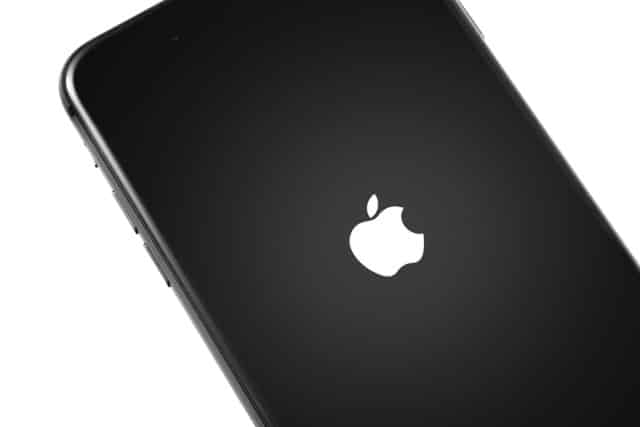After launching Screen Time, Apple is interfering with competing third party parental control apps

With iOS 12, Apple introduced Screen Time, a feature that serves as a parental control tool and encourages periods away from the screen. Tim Cook said last year that he thought he used his phone too much (more recently adding, "we don't want people using their phones all the time"), and Screen Time is Apple attempt to muscle in on the countering of "phone addiction".
For those who are concerned about how much they are using their phone, or who are concerned about their children, it seems like a great feature. But for app developers who have spent years crafting tools that offered these options before Apple, the news is not so good. A new report reveals that Apple is interfering with apps that compete with Screen Time, even going as far as de-listing them without warning.
See also:
- Shocking! Apple launches voluntary recall and exchange program for some power adapters
- Apple and Qualcomm bring their global legal fight to an end
- Apple no longer charges for transferring data to a new Mac
According to a report in the New York Times, numerous parental control and screen-limiting apps have been either removed from the App Store or restricted in some way. The information comes through the NYT's work with app-data firm Sensor Tower, and it includes the statistic that "Apple has removed or restricted at least 11 of the 17 most downloaded screen-time and parental-control apps". Two big names that have been affected are Kidslox and Qustodio -- the developers of which have filed complaints with the EU's competition office.
While some app developers have been told to remove features that are now available in Apple's own Screen Time, others found that their apps have simply been removed without warning.
But although it seems like Apple is going out of its way to harm the competition, the company says that this is not the case. Spokesperson Tammy Levine says that feature change requests and app removals were related to apps that could gain too much information about users. She explains:
We treat all apps the same, including those that compete with our own services. Our incentive is to have a vibrant app ecosystem that provides consumers access to as many quality apps as possible.
Image credit: Primakov / Shutterstock
